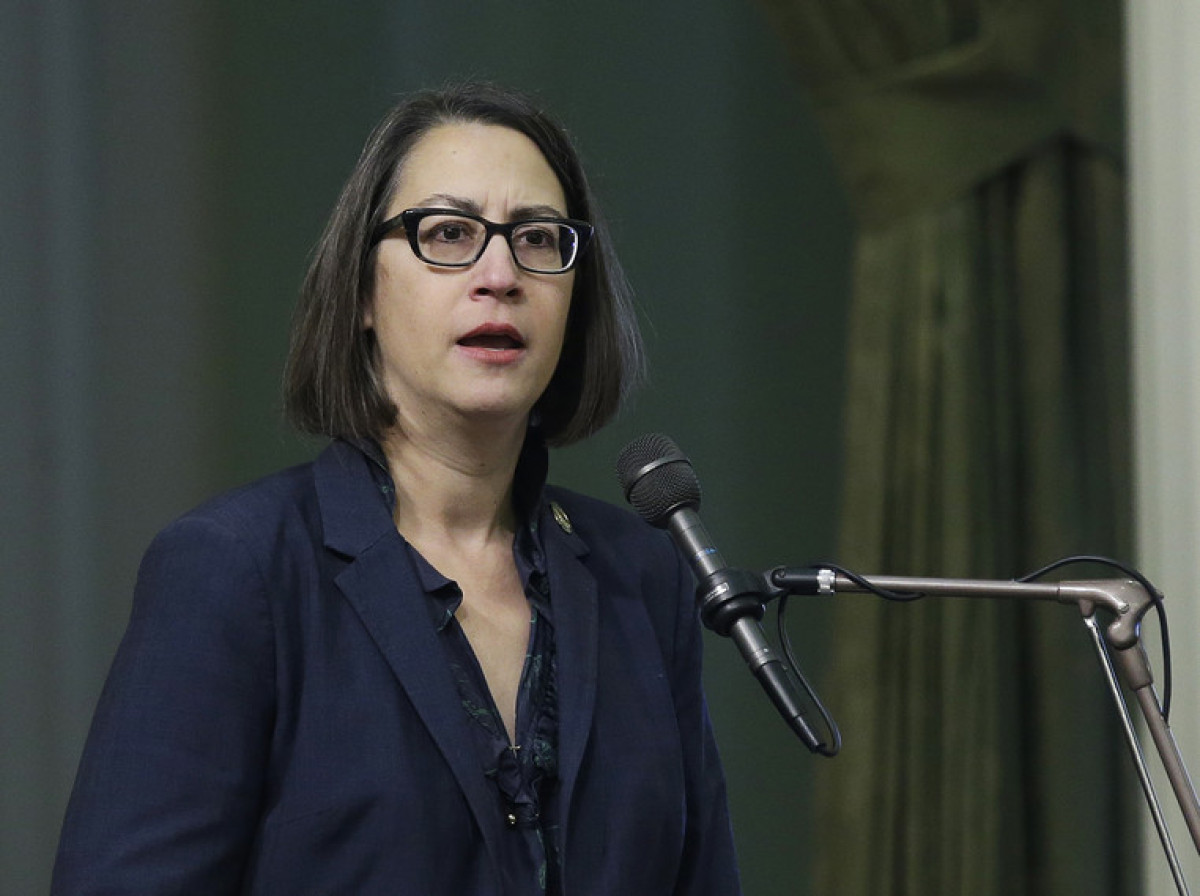Politico: Friedman's Take on Kimmel and where Hollywood goes from here.

CANCEL CULTURE — ABC’s indefinite suspension of Jimmy Kimmel’s late-night show amid pressure from the Trump administration is triggering widespread anxiety in Hollywood.
Few lawmakers understand the industry — and its current state of turmoil — better than Democratic Rep. Laura Friedman. She represents the mecca of entertainment and, before entering politics, worked as a producer for more than 20 years.
Friedman spoke with Playbook on Thursday about the suspension — and where Hollywood goes from here.
This transcript has been edited for length and clarity.
You worked in Hollywood for a long time. What are you hearing from people you know in the industry?
I’ve had a number of people reach out to me expressing a lot of alarm over this escalation against artists and against free speech. Let’s be clear that Hollywood has been here before, first with the Hays Code, but secondly and more saliently, with the Hollywood blacklist, which was about forces within Washington going after people that they wanted to demonize as the enemy of the state for their own political reasons. And that did not end well for them. It didn’t end well for the United States. Many people look at that as a very dark period in American history.
This is very alarming, and not just because of what it means to their ability as artists to express themselves, but for what it means for us as a nation when our government, represented from the very highest levels, is threatening to prosecute or take off the air broadcast networks or artists or journalists who express dissent or criticism of the Trump administration.
Where does the industry go from here?
Well, look, it would behoove media companies to realize that being seen as an arm and tool of any government, and being unable to offer the public content that the public wants to see, to be seen as being completely in service of a president is not good for their bottom line, either. And as many companies in this country are starting to realize, this is an administration that bullies business, and that threatens to use the powers of the United States to hurt businesses that don’t acquiesce to Donald Trump’s will. We all know from school that if you give a bully your lunch money, they’re just going to keep demanding it every single day. The only way to stop a bully is to stand up to them and to say, ‘No.’ I would remind every company in this country — including the ones that operate in my district — that they’re only empowering Donald Trump if they just give in to him. The public will have their back when they stand up for the U.S. Constitution and the First Amendment.
Hollywood has already been in a slump, especially in-state production studios. Could this exacerbate their financial problems?
It’s a risk for a few reasons. Number one, the companies need to telegraph to the artists that they’re willing to have their back and that the artists should be allowed to express themselves. You shouldn’t be afraid to tell a joke on TV. Maybe, for some people, jokes are in bad taste at times. But it doesn’t mean that the U.S. government can arrest you for it or take the broadcast license of your network away. That’s a terrible place for these companies to put themselves in … that can certainly put them in a very precarious position moving forward. There’s definitely a reason why certain networks are better able to attract talent, let’s say, and talent that the public wants to see. Number two, to be seen by the American public as simply a mouthpiece for the Trump administration, or any administration, runs the risk of continuing to push people away from broadcast television, from media.
What role does Congress have here?
We need to make it very clear that what the FCC just did is illegal. It is flat out illegal. There is nothing in their their authorization, in their charter, that allows them to to police content in this manner. They have not made even an attempt to say that this was content that was dangerous, that this was content that was obscene, that this was content that would incite violence. They haven’t even pretended to make that to make that argument. For one thing, it would be spurious and ridiculous, and they know that. …
We need to make that very clear in Congress.